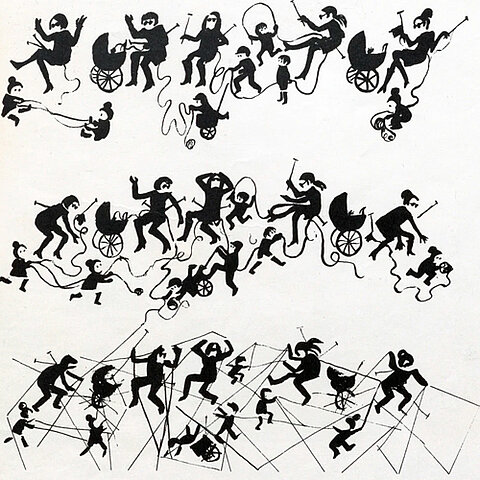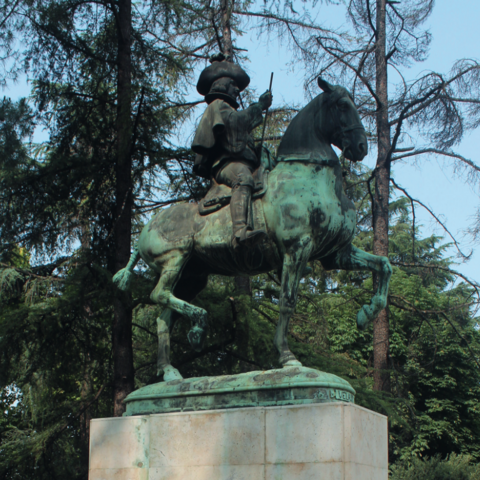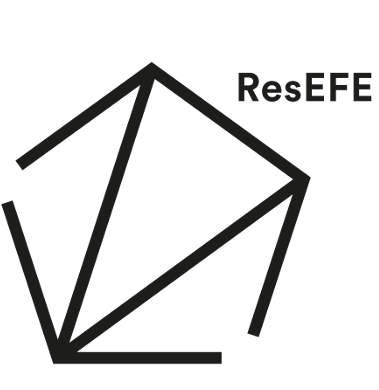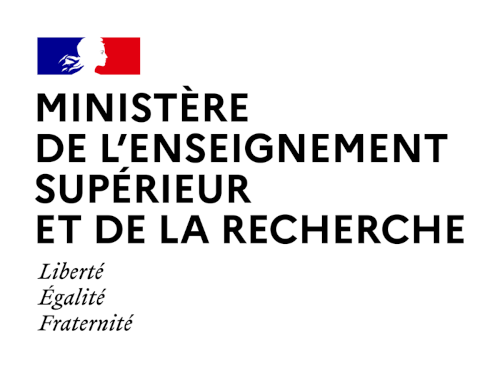
CALC
The Spanish Artistic Canon, Between Critical Literature and Popular Culture: Propaganda, Debates, Advertising (1959-1992)
Presentation:
This project proposes to examine the influence of the Spanish artistic and intellectual canon, from the Renaissance to the early 20th century, on the construction of a national identity. The period of study, corresponding to the beginning of the Desarrollismo, is characterised by the early stages of a dialogue between Europe and the United States, marked by economic growth and a gradual opening, culminating in the stabilisation of the democratic system, with the adoption of a new constitution and the holding of free elections.
The aim is to analyse the evolution of Spanish identity from a diachronic perspective, while adopting an interdisciplinary, intermedial, and transmedial approach. This work seeks to study the conditions and establishment of an institutional cultural canon, in order to determine how Spain’s historical and artistic past has been reinterpreted in the collective imagination, both nationally and internationally. Spanish 20th century, despite its ruptures, reveals elements of continuity, particularly in how tradition has been reinvested to shape national identity. Thus, the analysis of the presence of a Spanish artistic canon offers a new perspective on these transformations, especially in the face of modern and postmodern discourses.
The reconstruction of Spain’s artistic past involves a reinterpretation of works by major artists such as Alonso Berruguete, Diego Velázquez, Francisco Goya, or Pablo Picasso, while integrating new cultural media such as cinema, photography, and comics. Moreover, this project also looks at how the myth of Hispanidad, rooted in the imagination of past eras and their splendors, has been mobilised to reintegrate Spain into the Western consensus, notably through the complex dialectic between tradition and modernity, a discourse accentuated by the dictatorship and the democratic transition that followed.
Partners institutions:
École des hautes études hispaniques et ibériques (Casa de Velázquez)
Université Clermont Auvergne
Centre de Recherches sur les Littératures et la Sociopoétique (CELIS)
Università degli Studi di Perugia
University of Kent
Centro de Estudios del Museo del Prado
Projet coordinators:
Tommaso Giovanni Mozzati (Università degli Studi di Perugia)
Virginie Giuliana (Université Clermont Auvergne)
Antonio Lázaro-Reboll (University of Kent)
Javier Arnaldo Alcubilla (Centro de Estudios del Museo del Prado – Universidad Complutense de Madrid)
Team members:
Viviane Alary (Université Clermont Auvergne)
Diane Bracco (Université de Limoges)
Fernando J. Pancorbo (Universität Basel)
Eva Sebbagh (Université Paris Sorbonne)
Davide Lacagnina (Università di Siena)




















